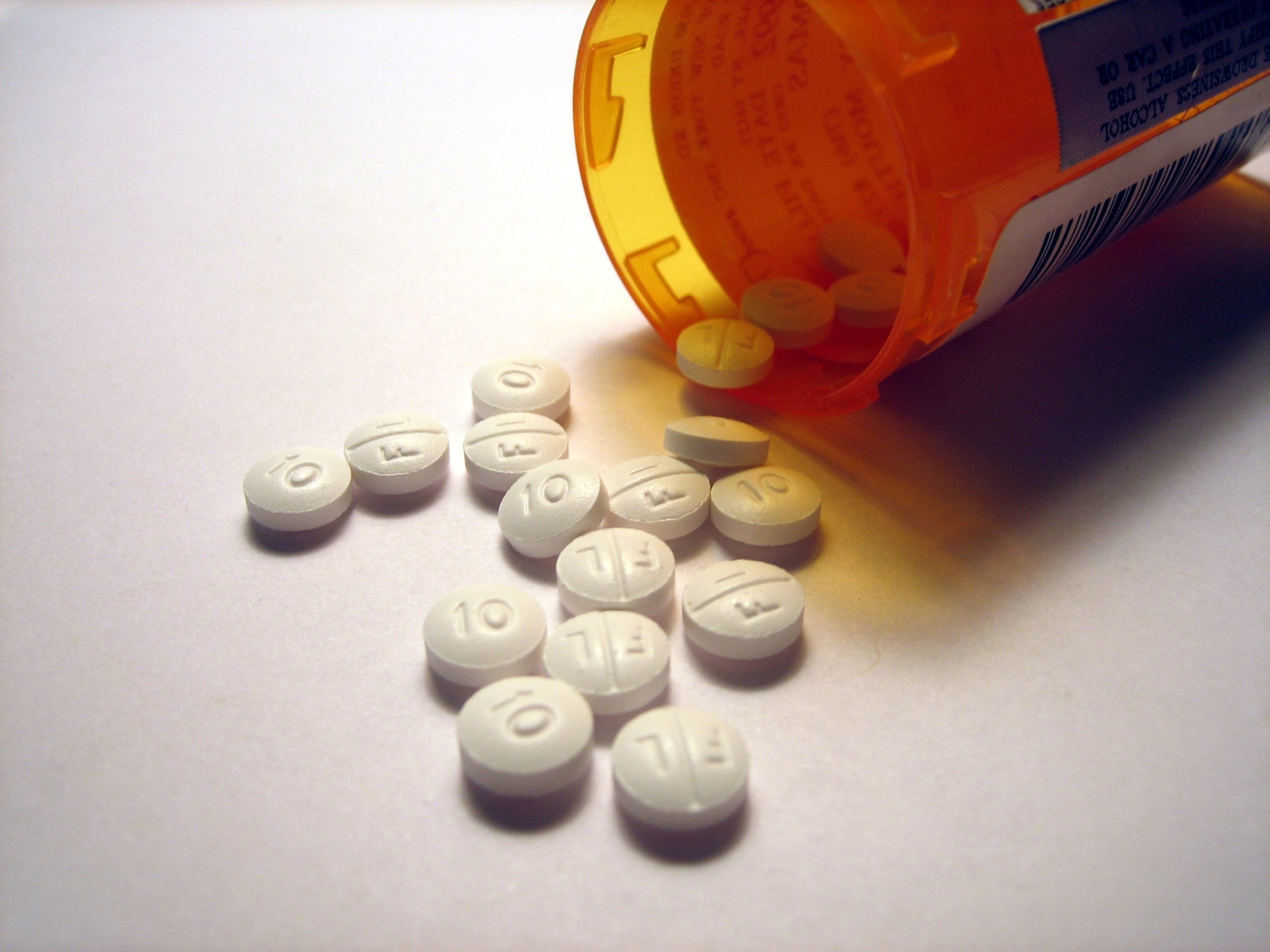On an average evening in my family’s abode, my family and I turn our attention to the comedy series airing and amongst our laughs comes the ceaseless string of direct-to-consumer (DTC) prescription drug ads. Brightly colored environments with smiling patients promote treatment as if the pills can fix everyone’s ailments, and we all buy into it. Large pharmaceutical companies want the American public to relate to their advertisements, so that we then ask our doctors about the drugs by name; therefore, this has resulted in skyrocketing medicinal use in America and can be considered a factor contributing to the overmedicating trend plaguing our country.
It is time to listen to our doctors instead of the actors on television, because often times these ads are misleading. The writers behind World of DTC Marketing performed a survey of medical professionals about their perspectives on the surge of prescription drug advertising, and the results were illuminating. 53 percent of the physicians in the survey think that the advertising should be “scaled back” from its contemporary amount, and 18 percent believe that it should be eliminated altogether. According to the Journal of General Internal Medicine, “up to six out of ten claims” in DTC prescription advertising leave out “important information, provide opinions, and include exaggerated information,” so we do not know any better than to take advertisements at face value.
We trust the FDA to regulate these ads, but it has not done anything about the soaring amount of misleading ads since the guidelines were revisited in the late 1990s. The FDA decided to, as the Journal of Public Policy and Marketing would say, “reinterpret” the regulations and put forth three miniscule rules that protect us: “present a fair balance between information about effectiveness and information about risk, include a ‘major statement’ conveying all of the product’s most important risk information in consumer-friendly language, and communicate all information relevant to the product’s indication (including limitations to use) in consumer-friendly language.” What is “consumer-friendly language?” I do not know, and according to the author of “Direct-to-Consumer Pharmaceutical Advertising: Therapeutic or Toxic?” almost all DTC drug ads include language that is above an eighth grade reading level, which means that a high percentage of Americans do not fully understand the ads.
With the misconceptions flooding our television commercial breaks, there is also the concern with encouraging medicalized treatment for conditions that are considered to be normal. There are countless advertisements for aging men who are experiencing lower levels of testosterone, but that is just the natural aging process. The International Business Times calls out the manufacturers of these testosterone enhancing medications, and rightfully calls them remedies for a “made up disease,” and they also illustrate the class action lawsuit that many users of AndroGel filed, because many patients experienced life threatening health problems such as heart attacks and strokes. This trend of requesting prescriptions for normal conditions has been continuously alarming doctors as their patients flood their offices with requests for unnecessary drugs.
As patients hassle their doctors for unneeded medicine, the costs for all of these prescribed drugs causes health care costs to climb. According to Science Daily, medical professionals report that they feel pressured to prescribe their patients the brand name drugs they request rather than the generic versions that cost much less, because they want their patients to feel happy and important. The article also goes on to inform that these brand name drugs advertised on television can be anywhere from “30% to 80% more expensive than their generic substitutes.” Doctors are not oblivious to what these ads are doing to the costs of healthcare as 73 percent acknowledge that health care costs have risen since the drug industry has boomed, which means that less people will be able to afford health care with the costs continuing to explode.
We have the ability to reduce the impact that these advertisements have on our lives. We can listen to our doctors instead of drug companies and not expect brand-name medicines to be a cure-all for every problem. It is time to scrutinize drug advertisements for what they really are: ways to get into our wallets. Contact your congressman for new DTC advertisement regulations, so we do not become a country controlled by pills and their puppet masters.

